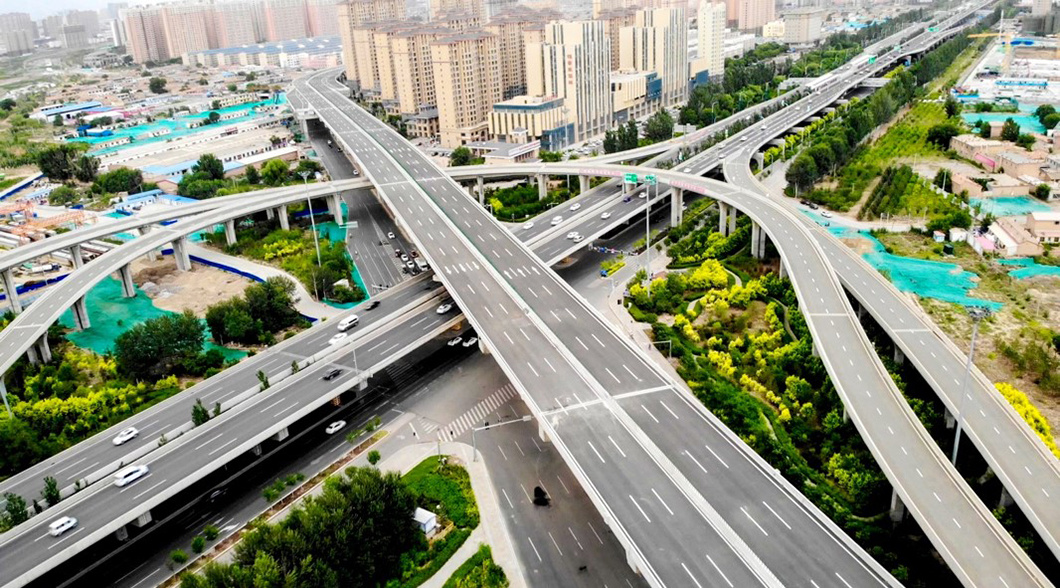Exploring the Benefits of China Steel Cable Suspension Bridges
Jul 10,2025

Steel cable suspension bridges represent a breakthrough in modern engineering, combining aesthetic appeal with practical functionality. As cities expand and populations grow, the demand for robust infrastructure escalates. In this regard, China has emerged as a leader in constructing these iconic structures, leveraging advanced technology and innovative design. Whether traversing vast distances or spanning challenging terrains, these bridges offer unparalleled benefits that contribute significantly to urban development.

Understanding the Engineering Behind Suspension Bridges
The Basics of Suspension Bridge Design
Suspension bridges operate through a system of cables that support the bridge deck. The primary cables stretch between tall towers and are anchored at each end. The load of the bridge deck is transferred to vertical suspenders, which connect the deck to the main cables. This design allows for longer spans and a lighter structure compared to traditional bridges.
Key Components of Steel Cable Suspension Bridges
1. **Main Cables**: The heart of a suspension bridge, these cables bear the primary load.
2. **Towers**: Tall structures that support the main cables and are designed to resist bending and compression.
3. **Deck**: The surface that vehicles and pedestrians travel on, which is suspended by vertical cables.
4. **Anchors**: Fixed points at either end of the bridge that secure the main cables, ensuring stability.
The Economic Benefits of Steel Cable Suspension Bridges
Cost-Effectiveness in Construction
Constructing a steel cable suspension bridge can be more cost-effective than other bridge types, especially for long spans. The reduced amount of material needed for the superstructure leads to lower overall costs. Additionally, the speed of construction contributes to quicker project completion, allowing for immediate integration into the transportation network.
Boosting Local Economies
By enhancing connectivity, these bridges stimulate local economies. They facilitate the movement of goods, enabling businesses to reach wider markets. Furthermore, improved accessibility encourages tourism and trade, leading to increased revenue for local governments and communities.
Environmental Considerations in Bridge Construction
Sustainable Materials and Practices
China’s steel cable suspension bridges often incorporate sustainable materials and eco-friendly construction practices. The use of high-strength steel allows for lighter structures, reducing the environmental footprint during construction. Additionally, many projects adopt green technologies, aiming for minimal disruption to local ecosystems.
Reducing Traffic Congestion and Emissions
By providing additional routes for transportation, suspension bridges help alleviate traffic congestion in urban areas. This reduction in vehicular bottlenecks directly contributes to lower carbon emissions, promoting cleaner air and healthier communities.
Case Studies: Prominent Steel Cable Suspension Bridges in China
The Xihou Bridge
The Xihou Bridge, located in Zhejiang Province, is a marvel of modern engineering, showcasing the advantages of steel cable suspension designs. Spanning over 1,600 meters, it is among the longest suspension bridges globally. This bridge exemplifies how cutting-edge technology can facilitate safer and more efficient transportation.
The Jiangyin Yangtze River Bridge
Another noteworthy example is the Jiangyin Yangtze River Bridge, which connects Jiangsu and Anhui Provinces. This bridge not only enhances regional connectivity but also serves as a critical infrastructure component in supporting economic growth across central China.
Safety and Maintenance of Steel Cable Suspension Bridges
Innovative Safety Features
Safety is paramount in bridge design. Modern steel cable suspension bridges incorporate advanced safety features, including redundancy in cable systems and state-of-the-art monitoring technologies. These innovations ensure that any potential issues are promptly identified and addressed, minimizing risk to users.
Regular Maintenance Protocols
To preserve the integrity of the structure, regular maintenance is essential. This includes routine inspections of cables, towers, and deck surfaces. Implementing a proactive maintenance schedule helps extend the lifespan of the bridge and ensures it remains safe for public use.
The Future of Steel Cable Suspension Bridges in China
Technological Advancements
Looking ahead, advancements in materials science and engineering will continue to shape the future of steel cable suspension bridges. Innovations such as smart materials and automated monitoring systems could lead to even safer and more sustainable structures.
Urban Planning and Infrastructure Development
As cities grow, the need for efficient transportation networks will only increase. Steel cable suspension bridges will play a crucial role in urban planning, providing vital links that enhance connectivity and foster economic development.
Conclusion: The Lasting Impact of Steel Cable Suspension Bridges
Steel cable suspension bridges are not just engineering feats; they are transformative structures that shape the economic, social, and environmental landscape of modern China. Their cost-effectiveness, sustainability, and aesthetic appeal make them an essential component of infrastructure development. As we look towards the future, these bridges will undoubtedly continue to enhance connectivity and economic growth, solidifying their place in the fabric of urban life.
Contact Us
E-mail :
183597530@qq.com
WhatsApp:
+86-13810577811
Address:
No. 4 Fengzhi Road, Binhe New District, Baotou Rare Earth High tech Zone, Inner Mongolia Autonomous Region









